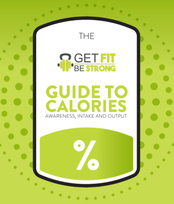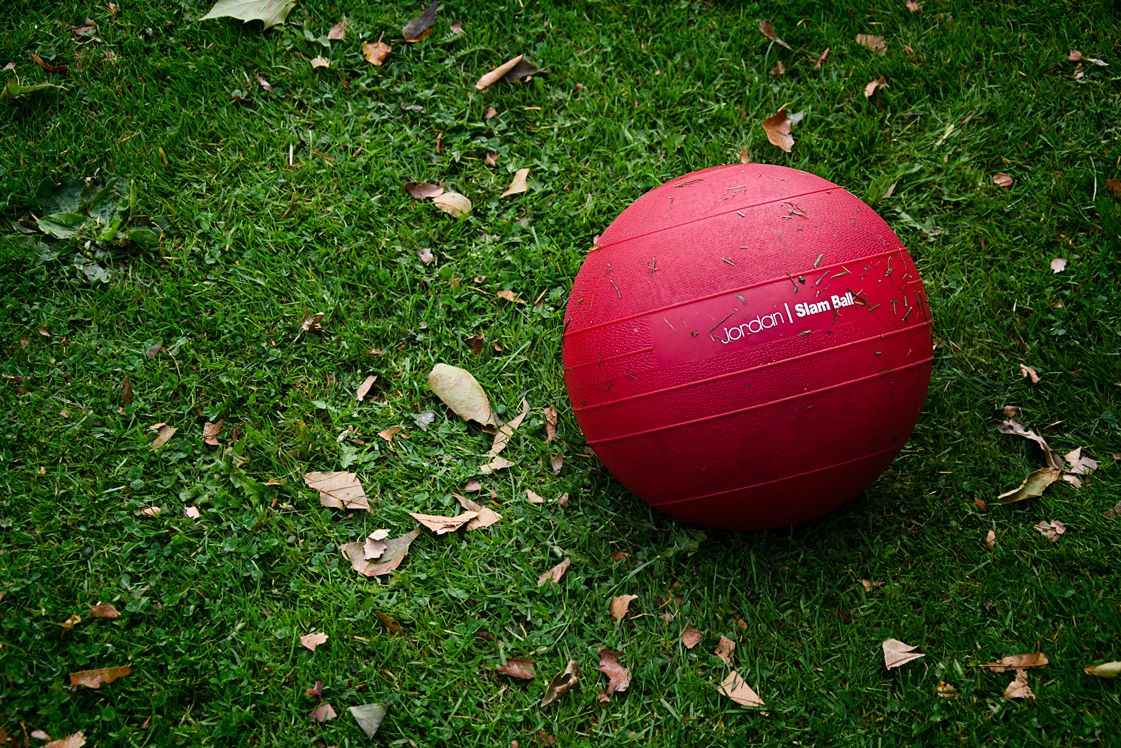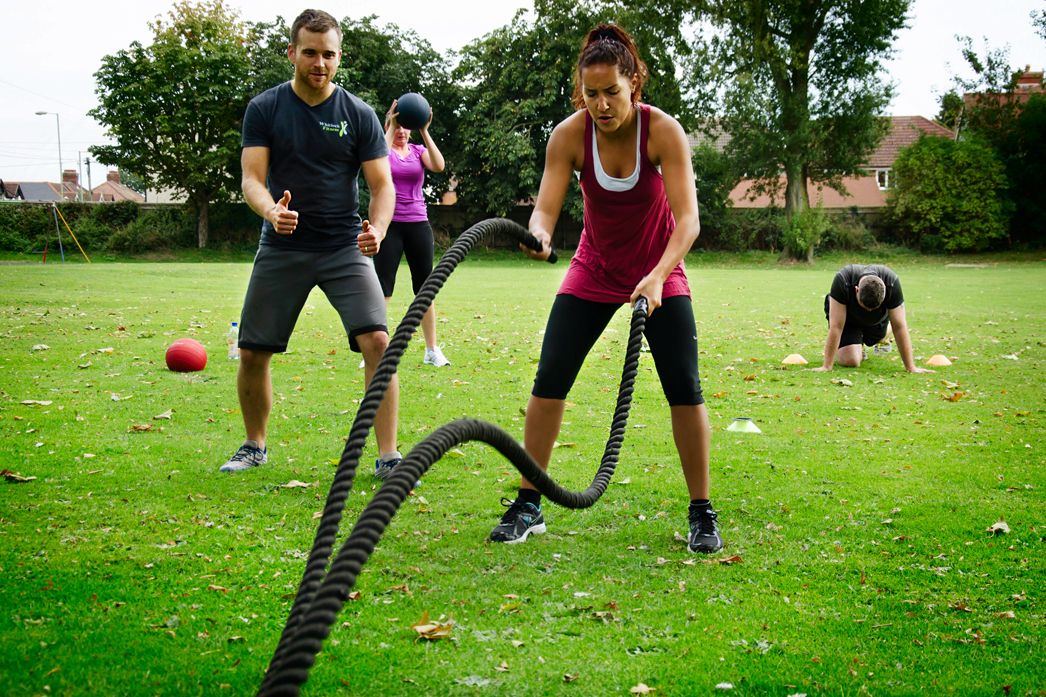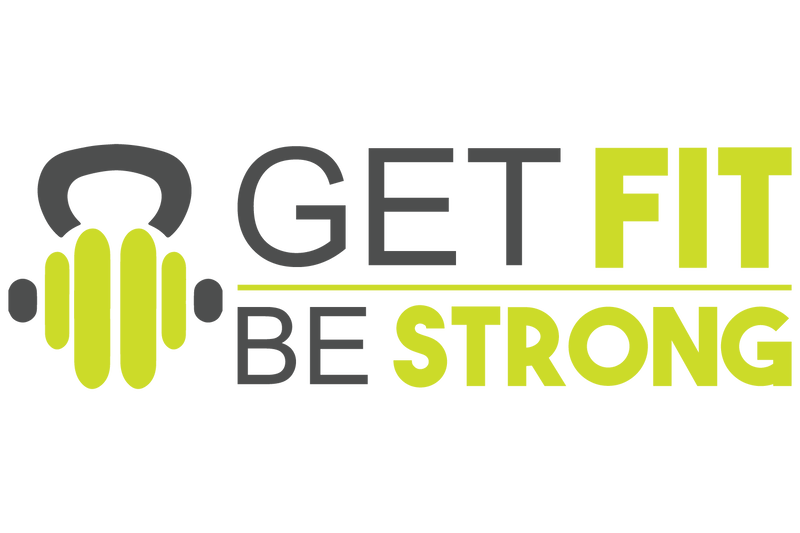|
We are going to talk strategies; fat loss, weight loss, calorie cutting strategies.
Let's start off by putting some facts out there. If you are logging or gauging how much food and drink you are consuming and you have worked it out to be 1000 (or there about) and you are not losing weight...then unfortunately you are not eating 1000 calories consistently. Unless you weigh 45kg, 100lbs or 7st you will lose weight eating 1000 calories. I know I am talking about calorie counting again and what I should be calling it is calorie awareness. Without a level of awareness your fat loss goals will take longer to achieve, which is not always a bad thing, but if it means that along the way you give up and feel guilty then this is not the best route. So let's talk strategies: 1) Cut out/reduce a food type. Whether it is alcohol, carbohydrates, fat, meat, fruit, bread...which ever label you choose. If you eliminate a type of food from your regular diet you will lose fat more likely than not. WHY does it work? Because it is quite easy to do. Not many people replace a whole missing food type with something else. It is clear in your head what you need to avoid thus making it easy to adhere to. You have reduced the amount of total calories you consume on a regular basis thus creating a calorie deficit, causing fat loss. 2) Intermittent fasting (also known as The 5:2 diet, The 6:1 diet, Skip breakfast diet).Intermittent fasting is going for a period of time consuming a very small amount of calories or no calories at all, only water and maybe some caffeine. A common method is to only eat between a set time period, say the hours of 1pm and 9PM (it could be any 8 hour period) but this seems to work for a lot of people. This results in a 16 hour fast. WHY does it work? Because it is super simple to conduct. You will probably not over consume in the 8 hour period to balance out the missed feeding time. You have missed at least 1 meal and maybe a snack during the fast so you have reduced the amount of total calories you consume on a regular basis thus creating a calorie deficit, causing fat loss. 3) Counting calories. The age old method of calculating what you are consuming to ultimately eat less. From logging on diet apps to writing down portions and weights, calculating calories is a tried and tested method for seeing where you could cut down. It does also come in the guise of 'points counting' and 'sins counting'. Which ever method you use it is a way of monitoring how many calories you are consuming and then reducing them. WHY does it work? Because it makes you aware of the foods which you may be overeating or which ones may contain more calories than you previously thought or were aware of. It creates a degree of learning which may be a help in the long term as you are actually relating calories to particular foods. You therefore reduce the amount of total calories you consume on a regular basis thus creating a calorie deficit, causing fat loss. 4) Train harder or move more. Increase the amount of time you exercise or the intensity in which you train if time is tight. Add movement when you can throughout the day, yes take the stairs instead of the escalator, beat your daily step count whatever it takes to increase your calorie expenditure. WHY does it work? Because increasing your daily movement increases the amount of calories you burn. By adding in the extra set of squats or increasing the intensity of a workout, you need more energy, you use more fuel. But this is why exercise isn't always the answer. If you are over consuming by a large amount then trying to exercise into a deficit is going to be hard, there are only so many hours in the day. But if calories stay the same and you increase your movement then you have increased the amount of total calories you have expended, on a regular basis thus creating a calorie deficit, causing fat loss
3 Comments
|
AuthorMe, myself and I posting information about fitness, health and many things wellness. Archives
January 2024
Categories |
|
Start Well now DOWNLOAD YOUR FREE CALORIE GUIDE. Or choose the Start Strong Workout Guide |

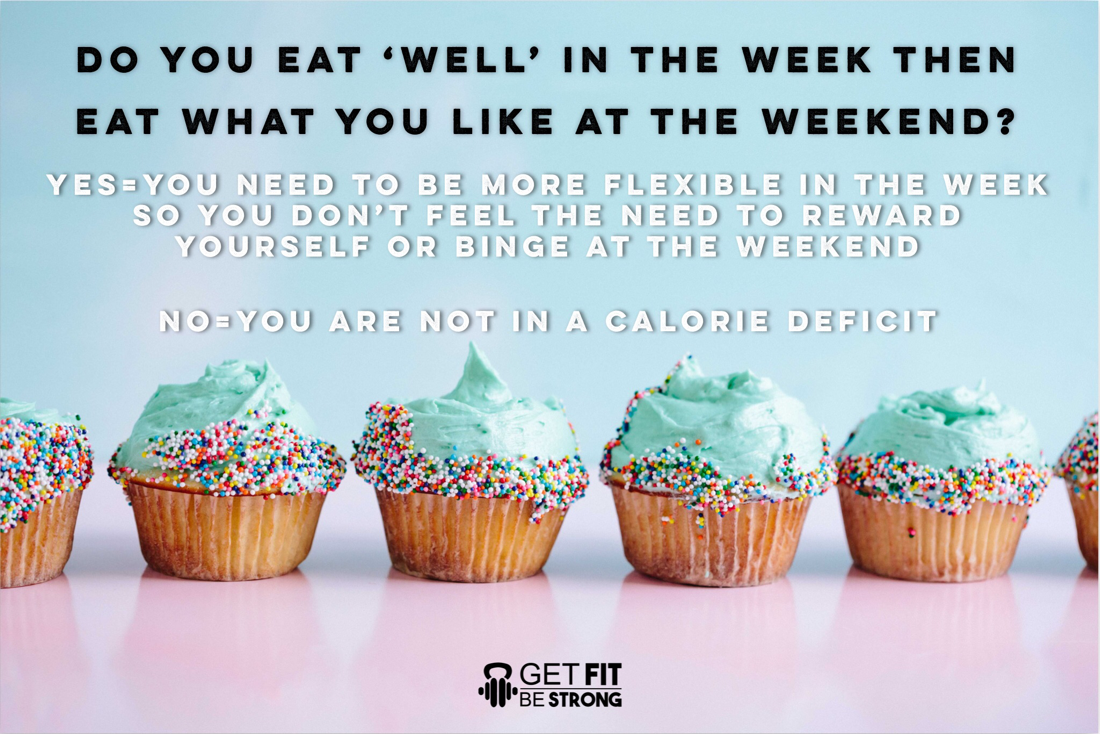
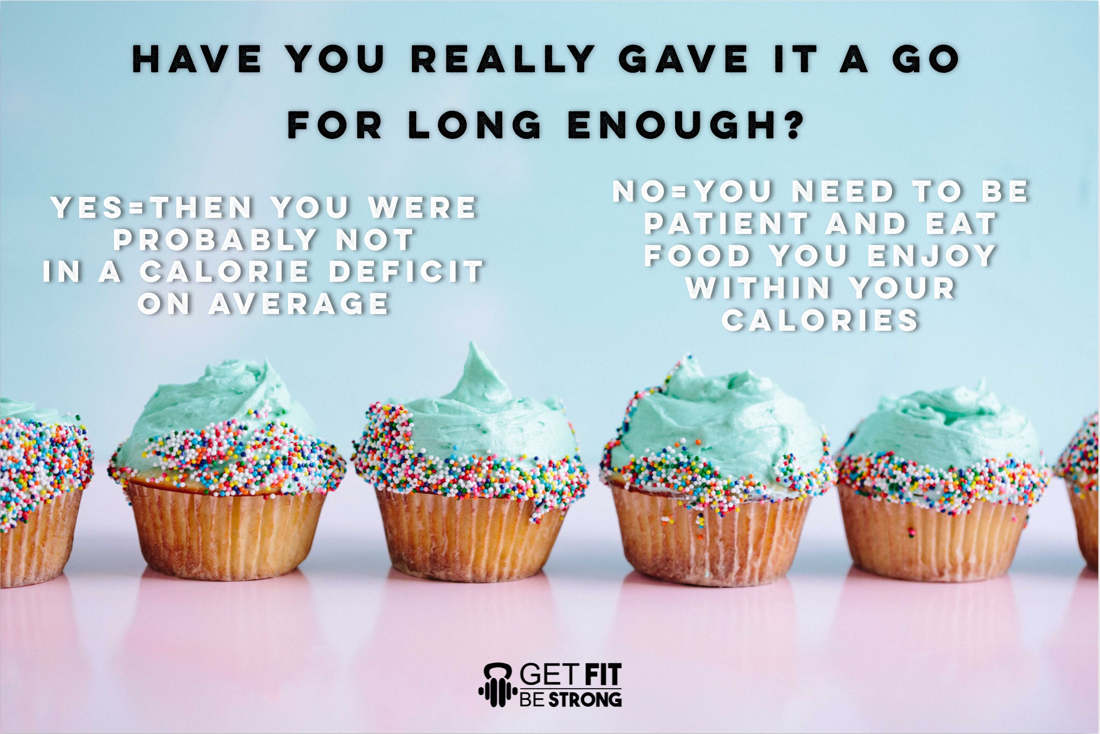
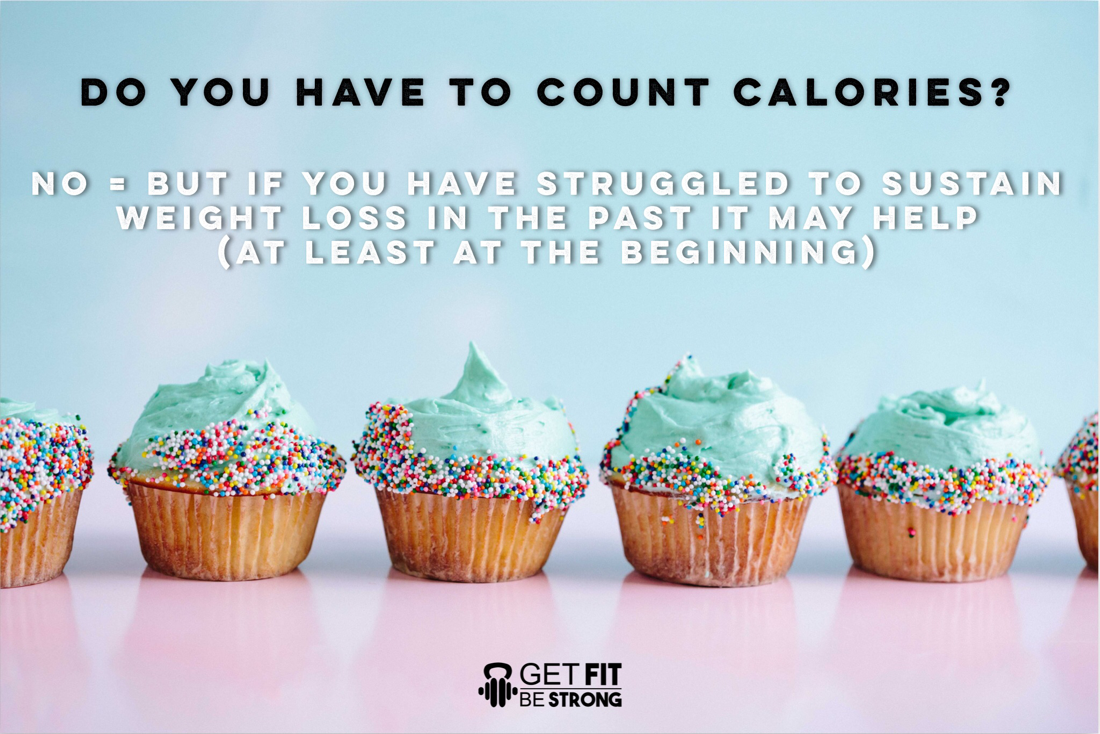
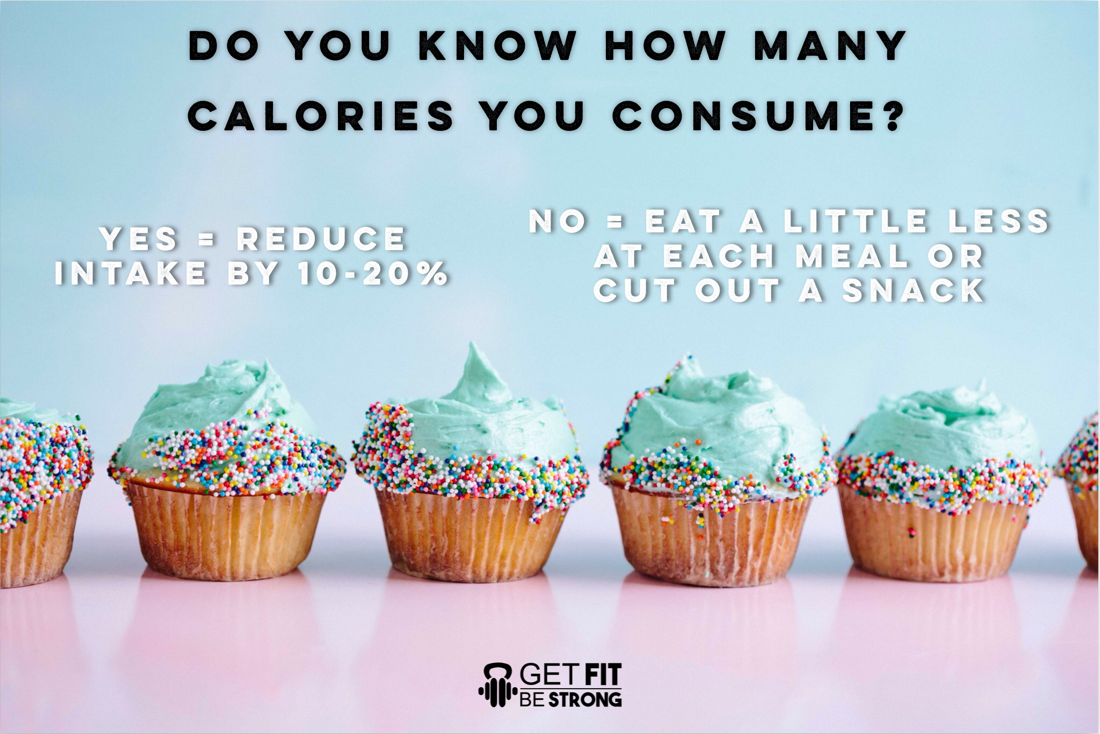
 RSS Feed
RSS Feed
